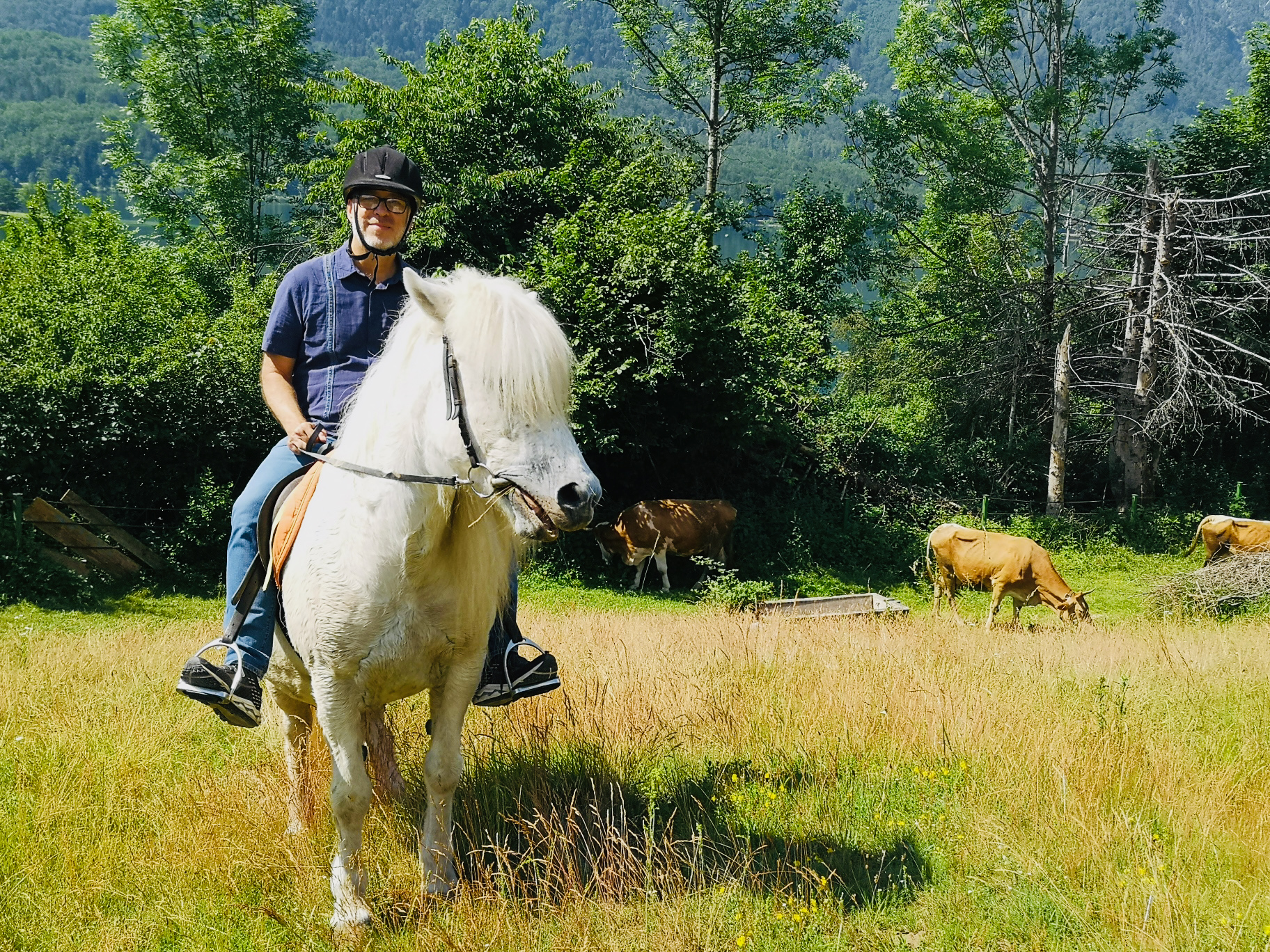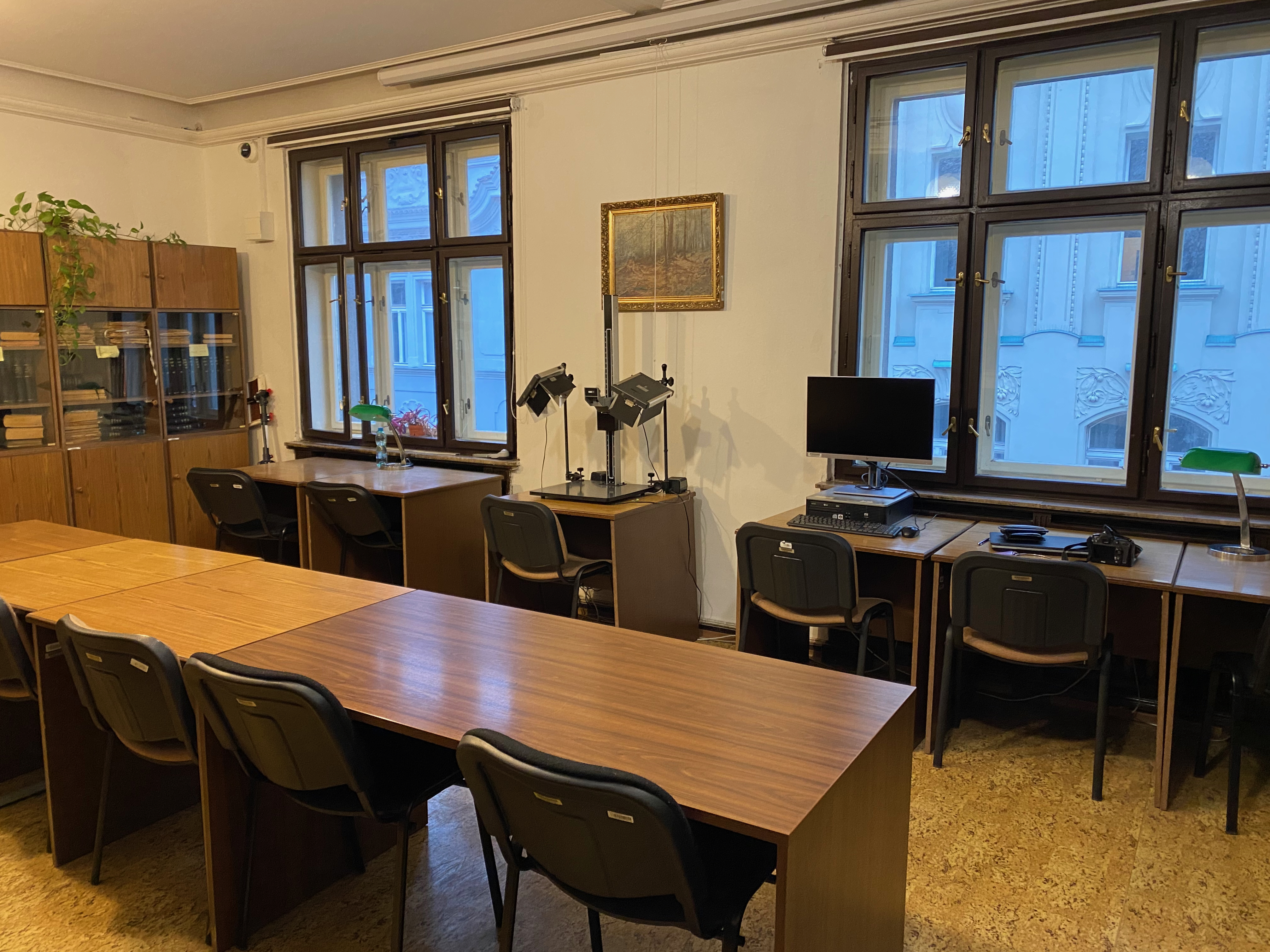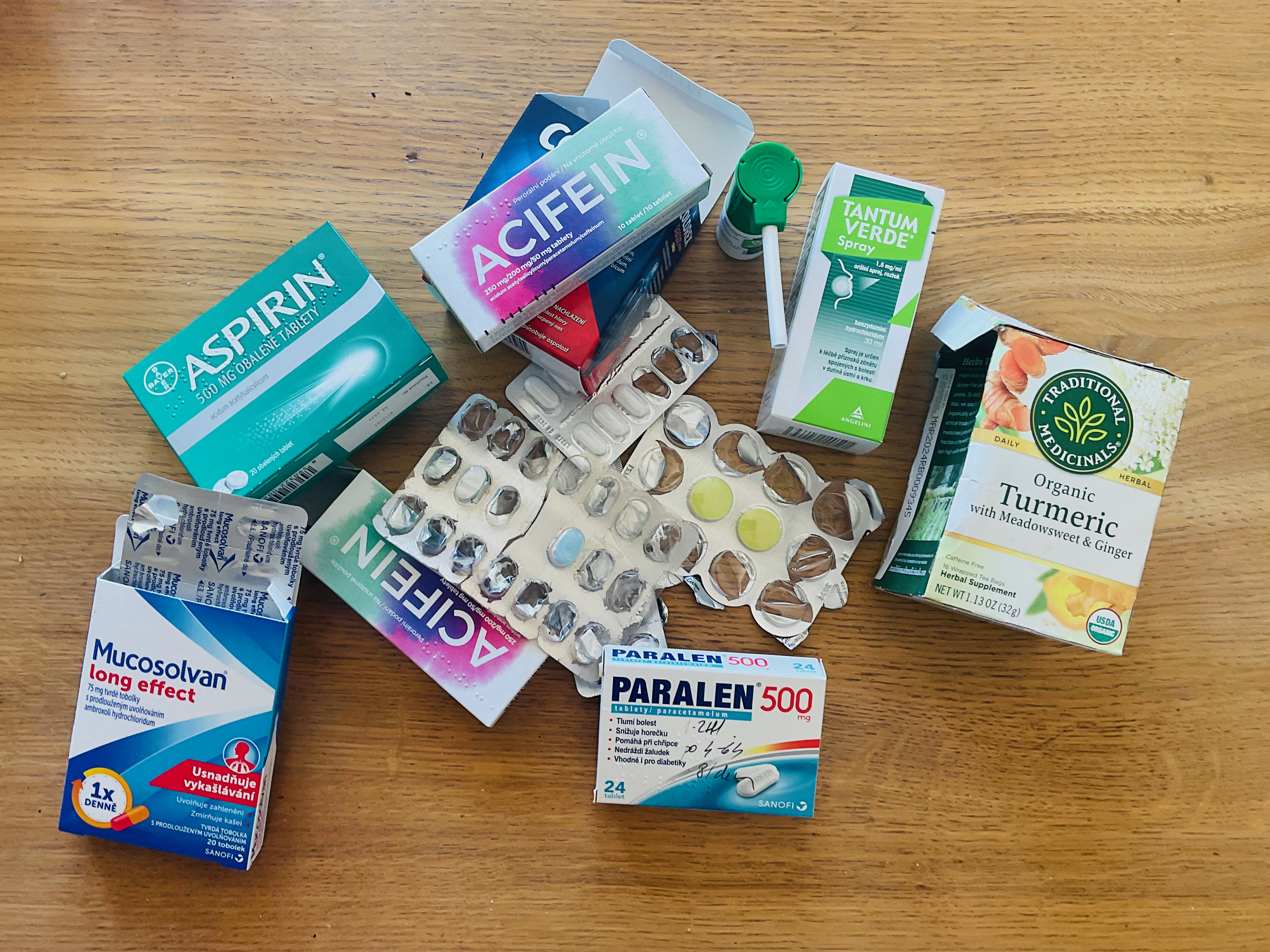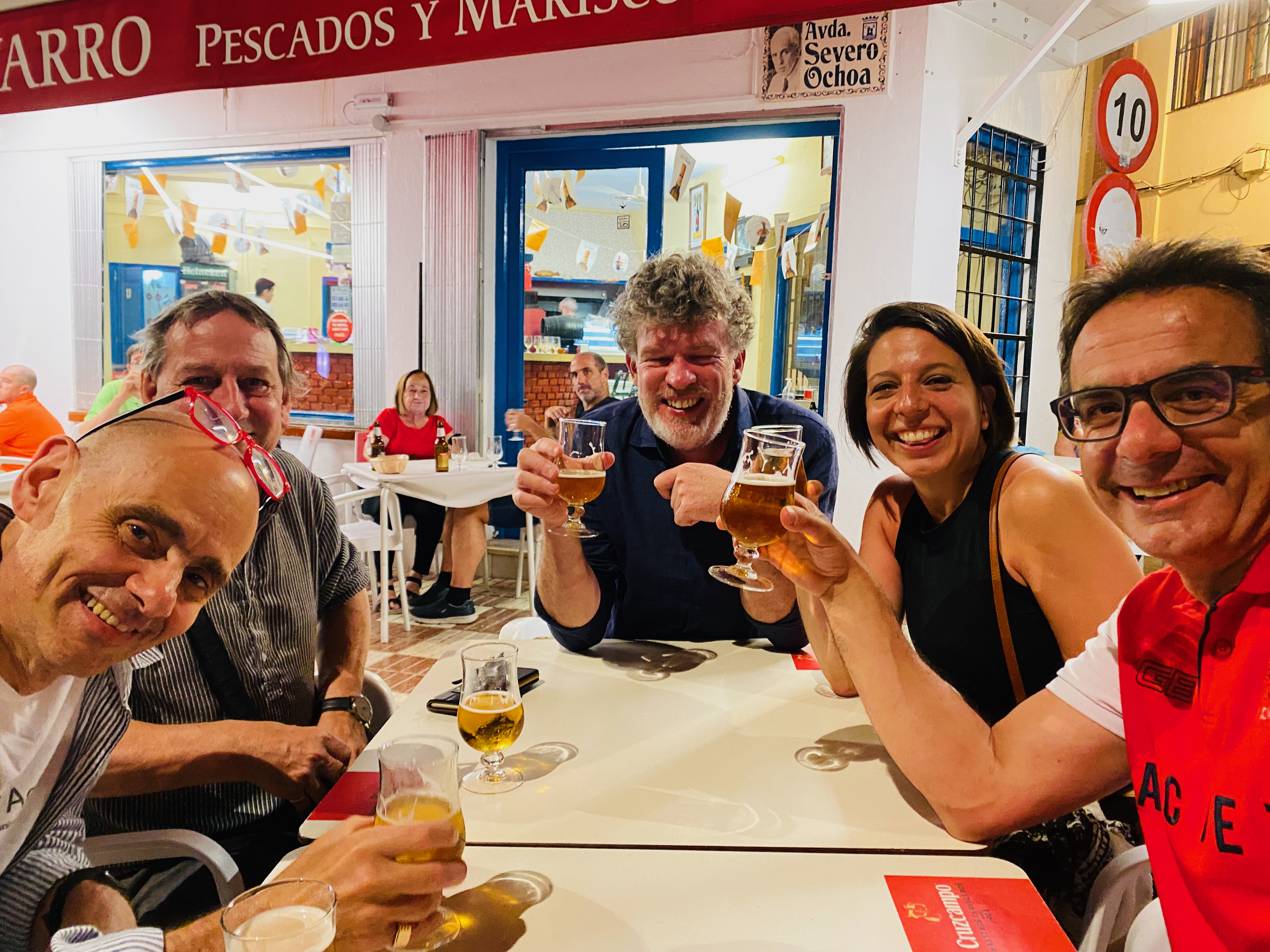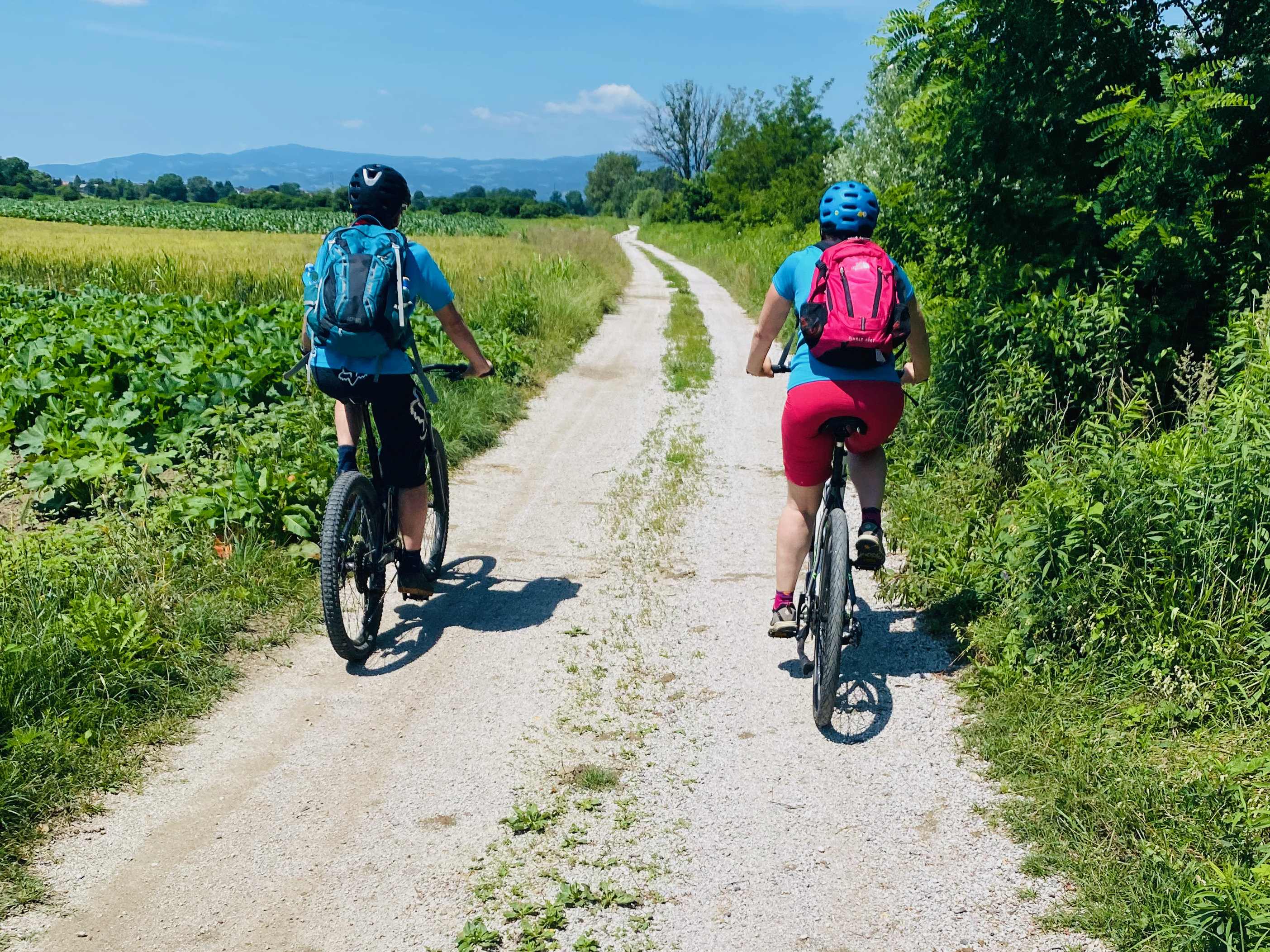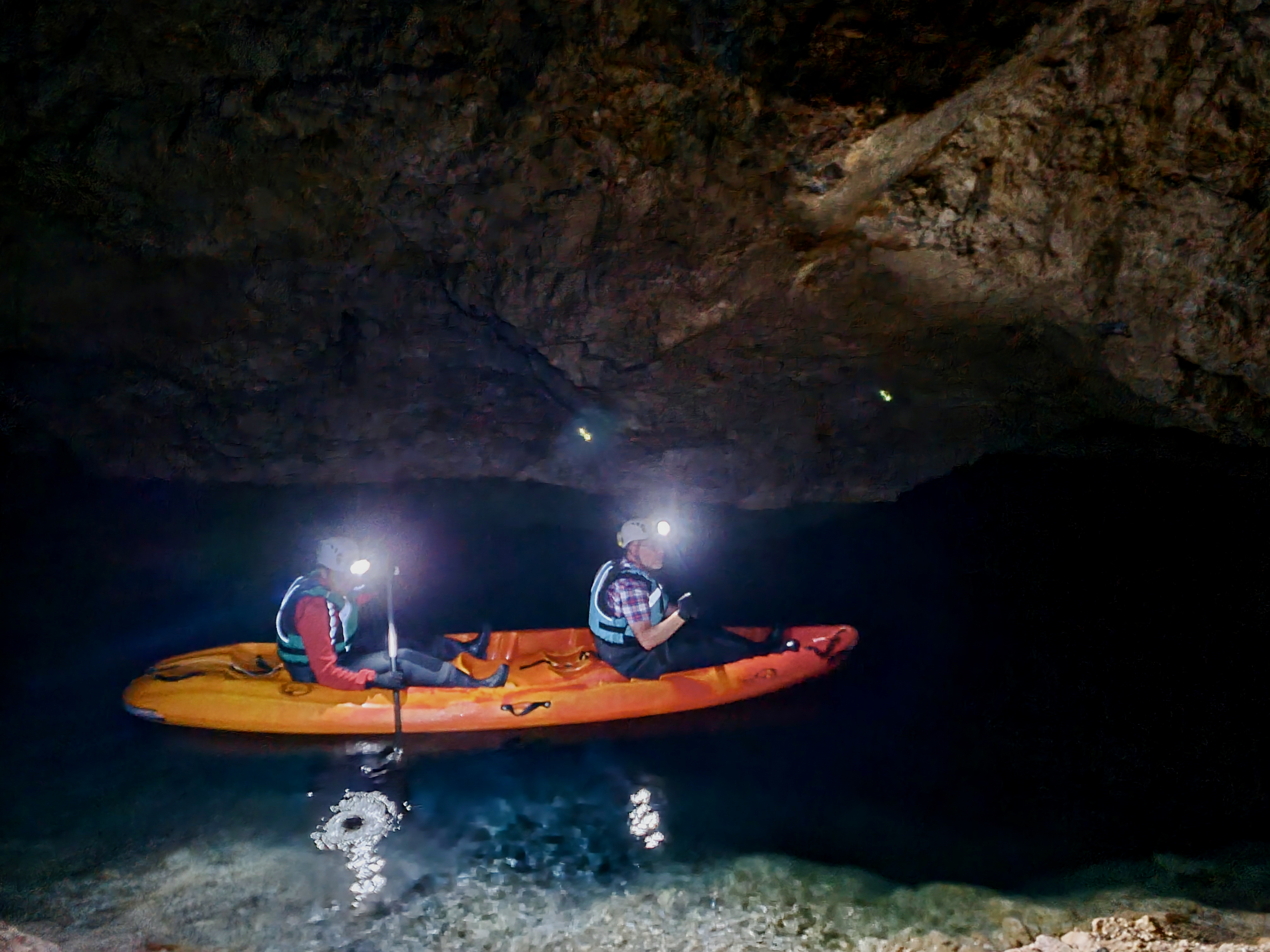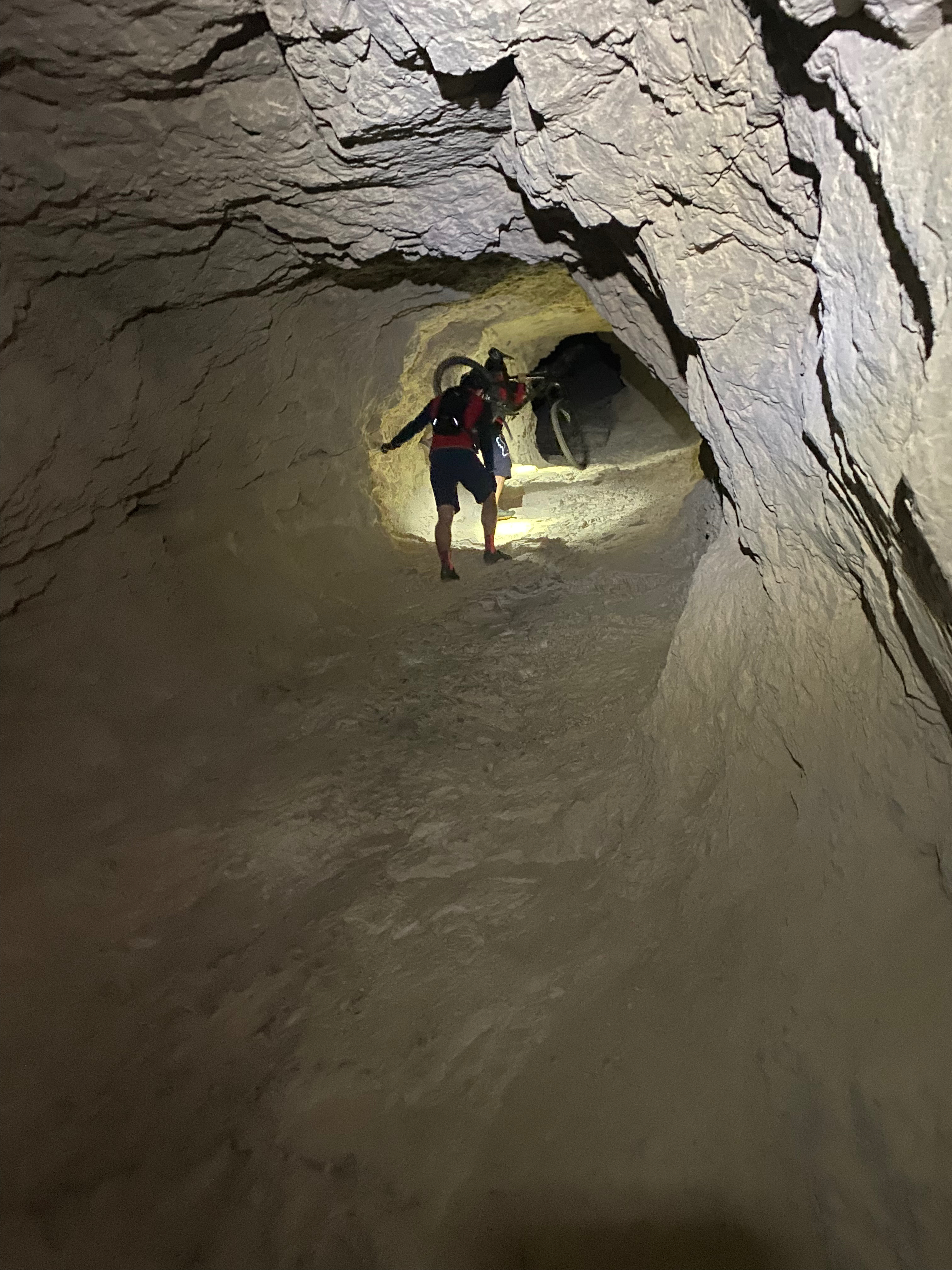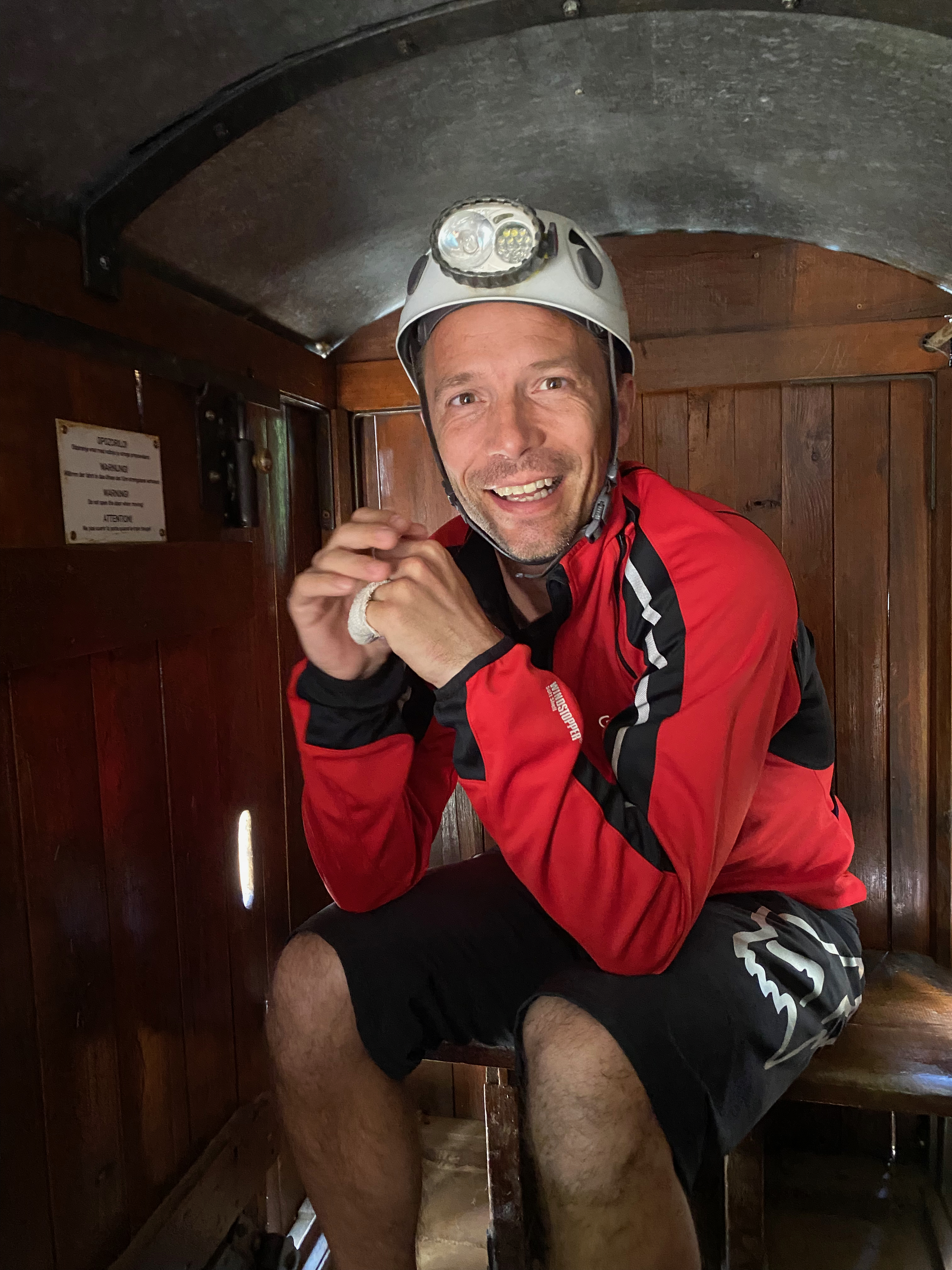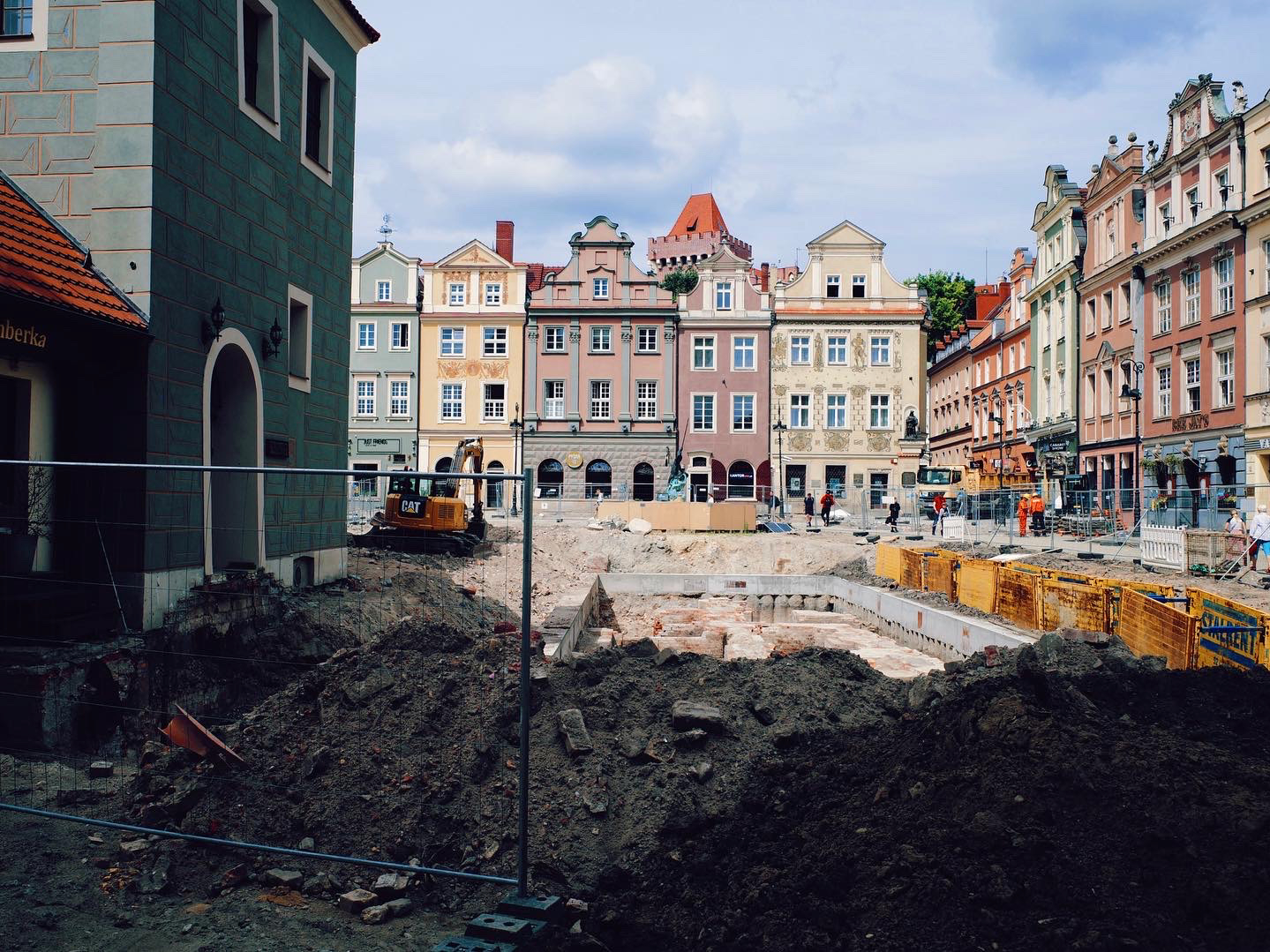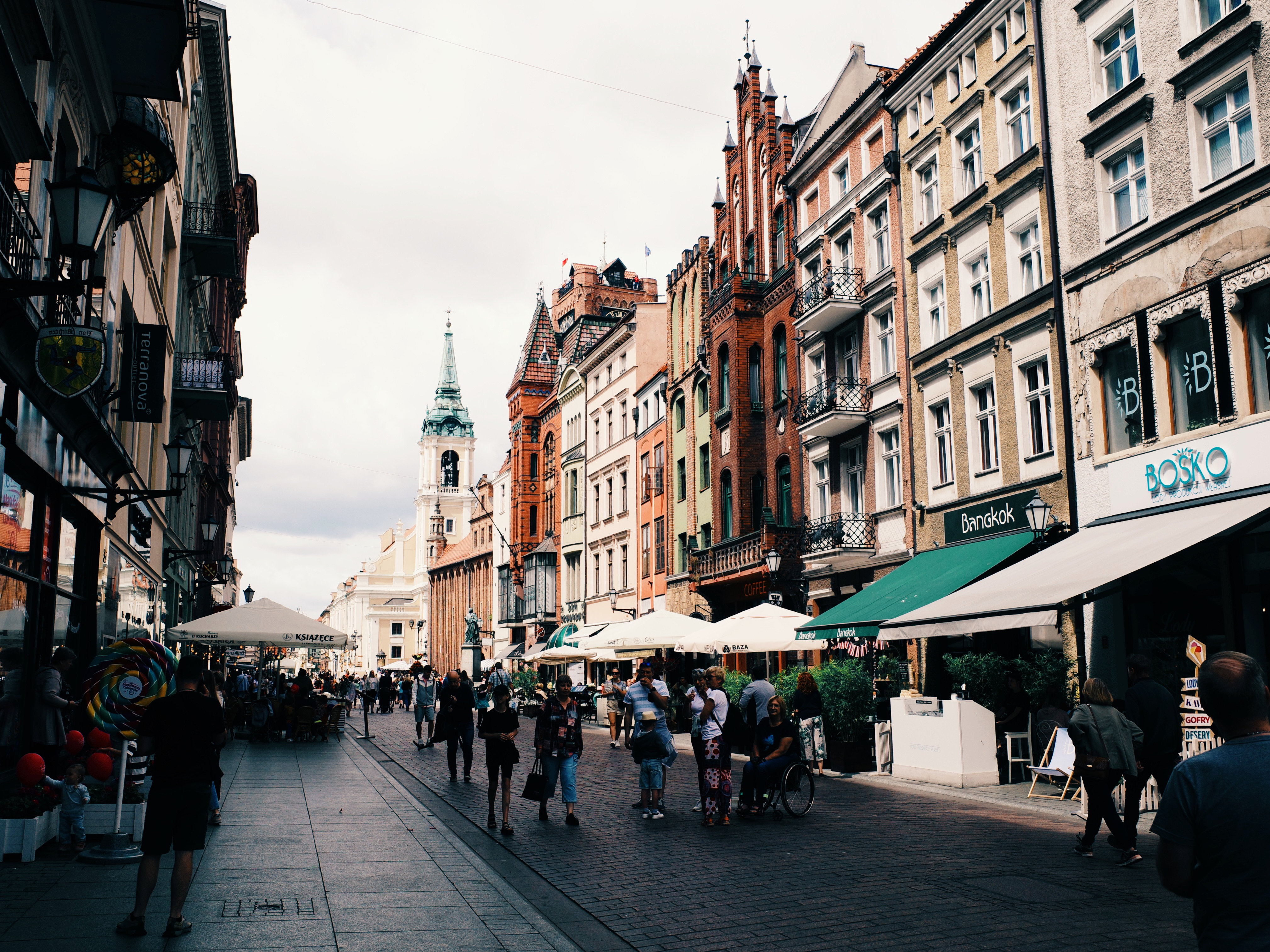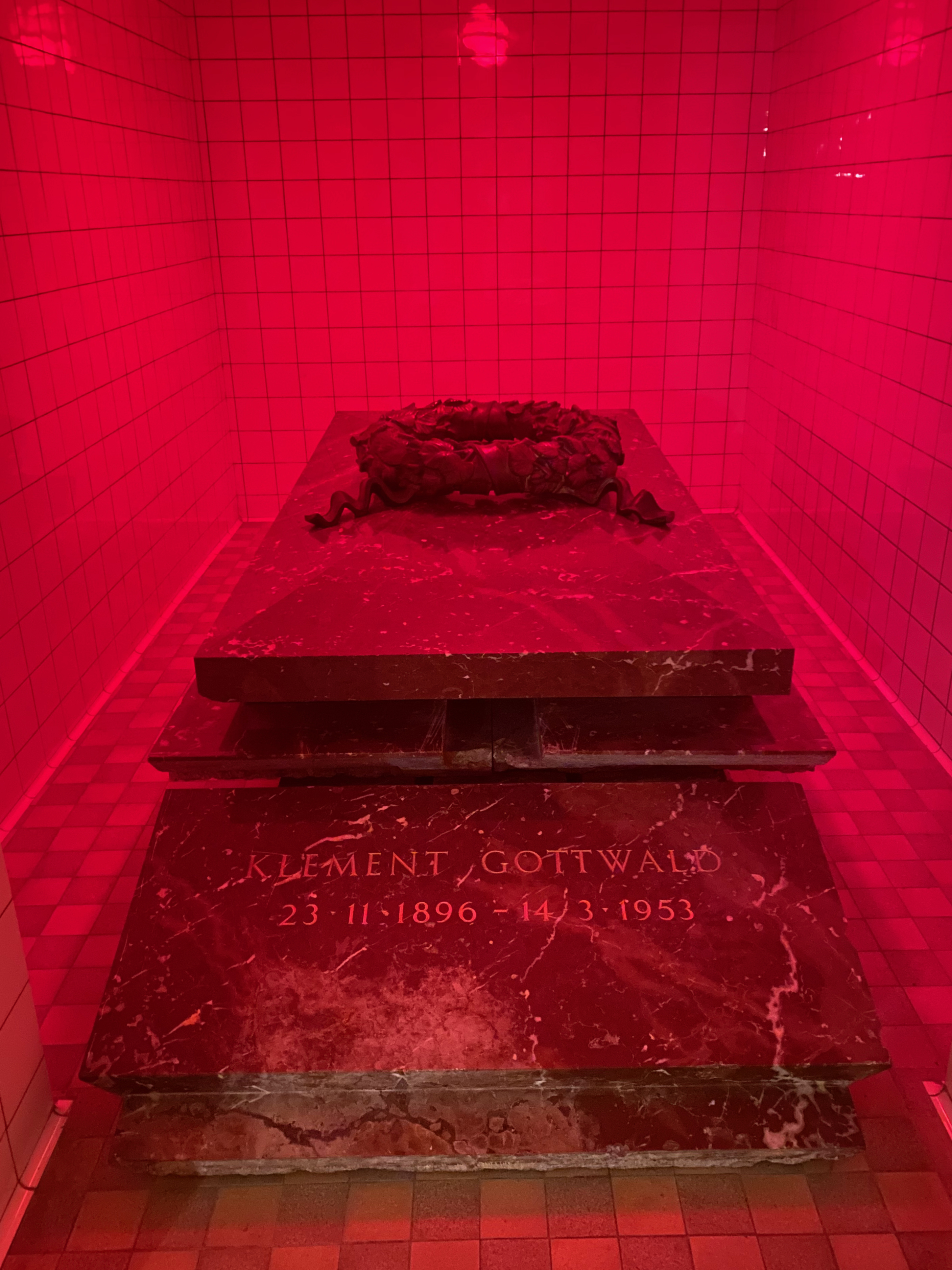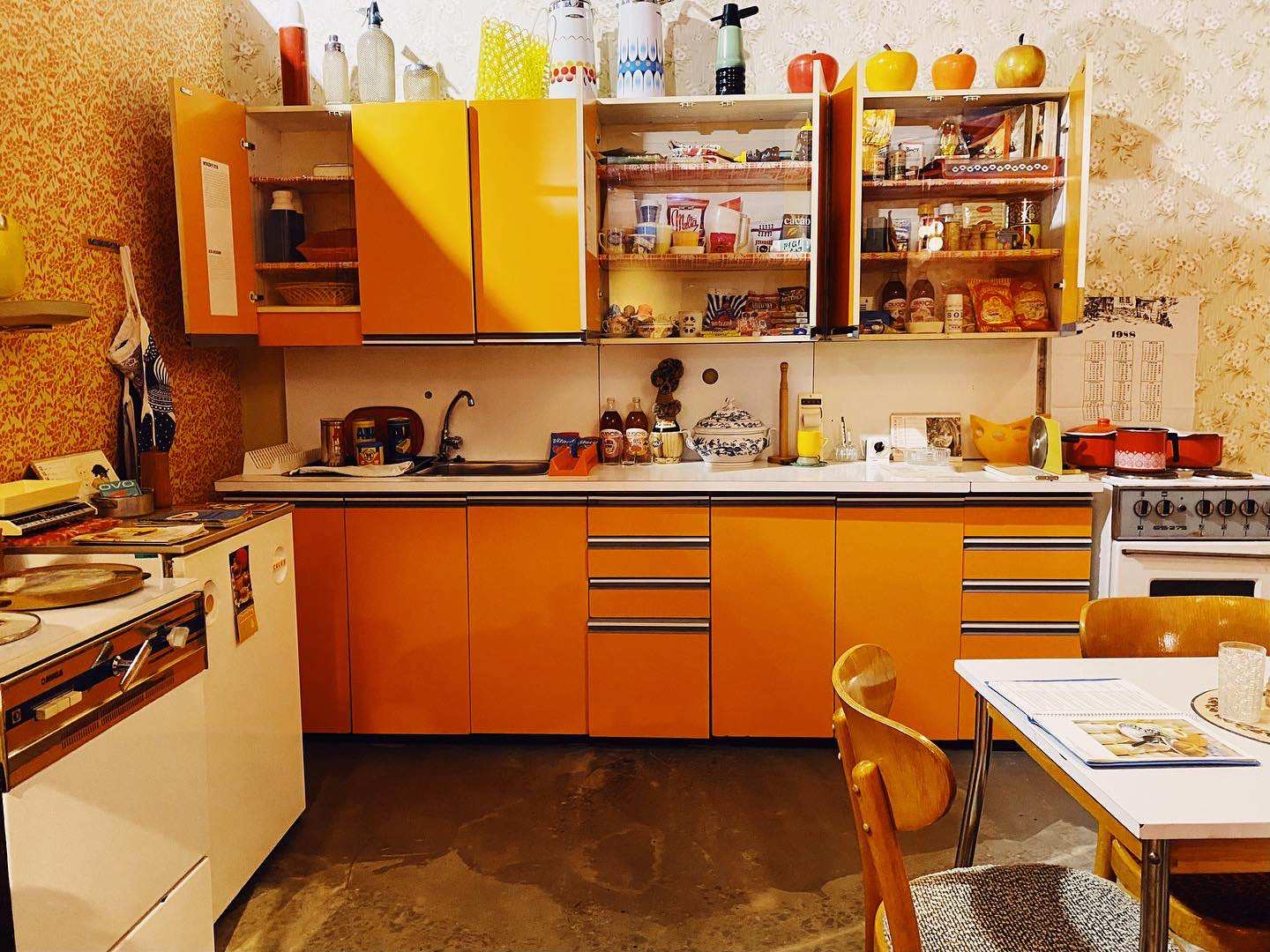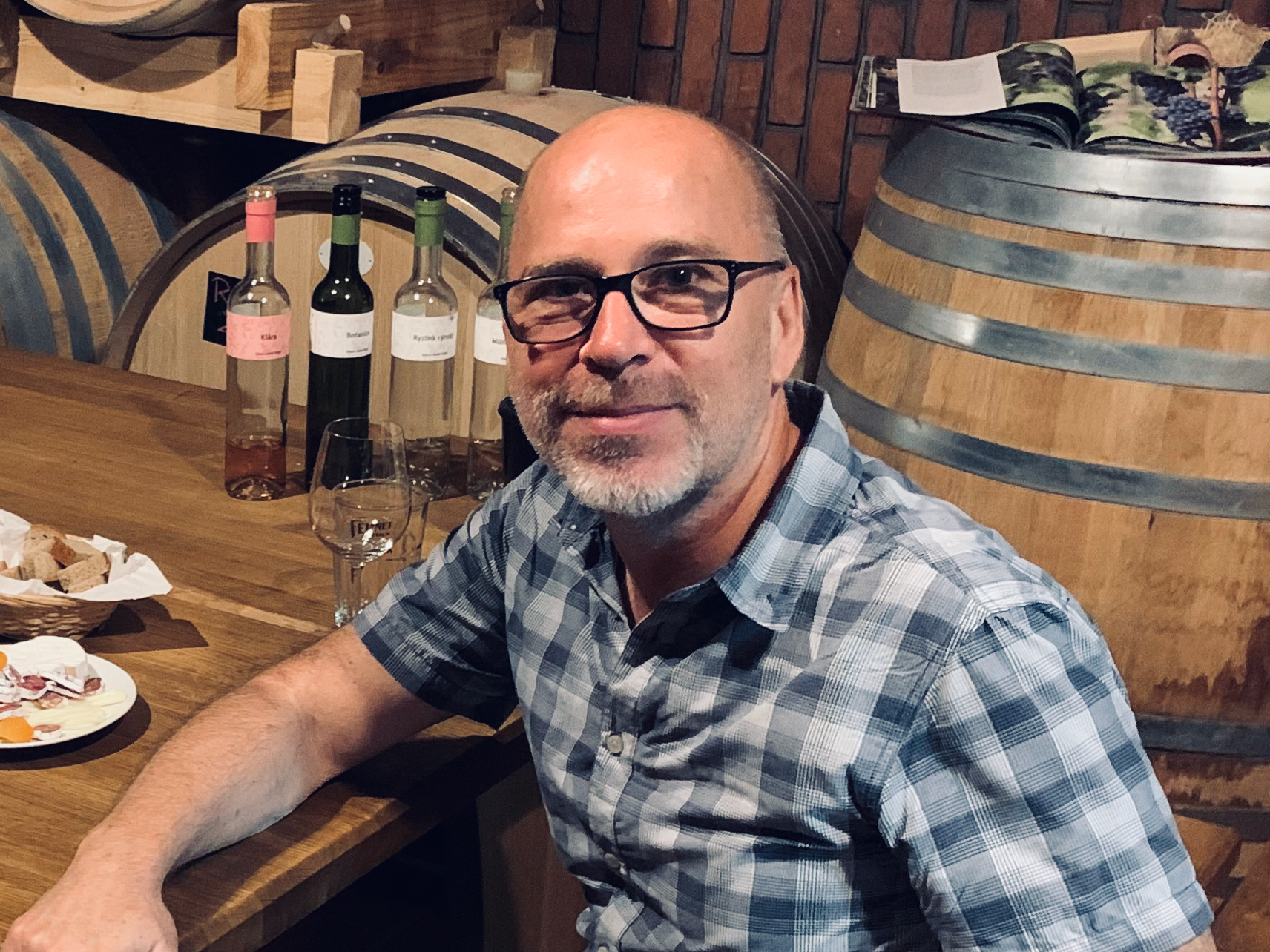The year got off to what seemed like a promising start with some exciting news about my book, “Čas proměn,” that was published in July 2021. A researcher with Prague's Institute of Military History, Dr Prokop Tomek, read the book and discovered that I had a surveillance file with the Czechoslovak secret police that I never knew about. In my book, I recounted stories from the 1980s when I traveled to Czechoslovakia but wrote to the best of my knowledge that I did not have a file (after making several inquiries over the years with the Czech Ministry of Interior). Turns out I was wrong.
The existence of a file was shocking news, and I spent most of January and February reading and translating hundreds of pages of surveillance material on me. In March, I wrote up the first three of five posts for this blog to share the exciting discovery with readers, but in early April I contracted COVID-19 – and that effectively sidetracked me for the next several weeks and months. (I still haven’t published the stories, but plan to sometime early in 2023).
In spite of being triple-vaxxed and super cautious, COVID turned out to be more serious than I was expecting. At the time, word on the street was that Omicron was “mild.” For two weeks, I was down with a sore throat (“like swallowing glass” in the words of a friend and fellow COVID sufferer), plus several other unpleasant symptoms. I wrote extensively at the time about COVID for this blog, so there’s no need to repeat any of that here.
Shortly after I recovered from my initial infection, in April, I traveled home to Ohio to visit my parents, who also sadly both came down with COVID during that trip (though fortunately they didn’t contract it from me). Both thankfully recovered after a couple of weeks, but it was a difficult time for many reasons.
When I returned to Prague in early June, I naturally thought I was done with COVID for the duration, but it was only then that I began to notice new symptoms that were both similar yet distinct from the original infection. These new symptoms included disturbingly loud tinnitus (ear-ringing), debilitating daily headaches, dizziness and what I later came to understand was “brain fog” – the classic symptoms of “Long COVID.” I had originally misunderstood what brain fog was and was thankful at least I didn’t have this symptom. It was only a few weeks later, in July, though, that I came to realize what brain fog really was. It’s a general feeling of unreality – or “derealization” as it’s sometimes called – and I was definitely experiencing this too. I likened brain fog to the sensation of being stoned at a party where you don’t know any of the other guests.
The worst part of Long COVID is not necessarily the mystifying symptoms, but the battery of standard medical procedures – blood-work, MRIs, neurological exams – you have to go through to rule out more-traditional illnesses. For a while in July and August, I was running from doctor to doctor every other day.
As if that weren’t enough, in mid-August, while on a walk through Prague, I suddenly felt my knee lock for no apparent reason. One minute I was walking normally and the next I couldn’t move at all. After a quick Uber ride to the emergency room to see what was up, I discovered I had torn the meniscus in my right knee. For the next month or so, I couldn’t walk further than a few meters from my apartment. In early November, I had arthroscopic surgery.
Certainly, not everything about the year was negative, and in and around these unplanned medical adventures, there were some funner moments too. In early June, I flew from Prague to Malaga, Spain, to speak at the TBEX Europe 2022 conference of travel writers and bloggers in nearby Marbella. It was TBEX’s first post-pandemic conference in Europe since their 2018 event in Ostrava, Czech Republic. The conference turned out to be quieter than that earlier Ostrava meet-up (understandable, given the lingering concerns over travel), but it was great to reconnect with old friends, like TBEX’s organizers Rick Calvert and Shane Dallas, and meet new ones like Sante Achille, Alastair McKenzie, Mickela Mallozzi and Jaume Marin.
In addition to giving my own presentation, I also spoke at one of the conference’s day-opening, keynote addresses (with Alastair and the UK-based Iranian blogger, Mansoureh Farahani). TBEX is now gearing up to host their 2023 event in Kalamata, Greece, in May. I’m not sure yet if I will participate, but I strongly recommend that budding writers and bloggers give it a serious look.
Later in June, I traveled from Prague to Slovenia to write three stories on the country for Lonely Planet in conjunction with the Slovenian Tourist Board. I had never before written any sponsored stories for Lonely Planet and I wasn’t sure what to expect. It had been a long pandemic without a paycheck, though, and I wasn’t in any position to turn down the assignment. Besides, I reckoned, I genuinely do love Slovenia and I was more than happy to write about the country’s charms.
In the end, it turned out to be a satisfying assignment. I spent a week traveling the country with Matej Kandare, the director of a local sports-touring company called Slovenia Outdoor. The highlights included a return to Lake Bohinj, one of my favorite spots in Europe, and a unique, harrowing kayaking trip at the bottom of an abandoned lead mine, at a depth of something like 800m below ground. Later in the summer, after I tore my meniscus, I was grateful I didn’t have that accident while I was down in the mine. I have no idea how I would have managed to climb the 600 steps up from the mine’s lowest levels.
For the stories themselves, I felt free to write what I wanted (and to the immense credit of both the company and tourist board, without any noticeable editorial interference from either). Once my stories hit the Lonely Planet and Slovenian Tourist Board websites, I learned the assignment had been part of a longer-term cooperation agreement between the company and the country. I felt proud to have been selected to take part in that effort.
In mid-July, I traveled up to Poland to write a feature story on the cities of Poznań and Toruń for Lyn Hughes at Wanderlust magazine. It was my first post-pandemic trip to Poland and I enjoyed reconnecting, if only briefly, with that country (hopefully in preparation for more assignments in 2023). Once I got to Poznań, I was shocked to find the city – particularly its medieval main square – ripped apart by bulldozers and baggers as part of a multimillion-euro, multiyear renovation plan (though Poznań is certainly still worth a visit).
In the fall, Lonely Planet contracted me to take part in a rewrite of their main guide on Prague and the Czech Republic (due out in 2023). The pandemic gave Lonely Planet’s managers and editors plenty of time to ponder the future of guidebooks, and this revised Czech guide will be one of the first of a new line of signature “blue spine” guides. It’s hard to explain in a few lines what the new guidebooks will be like, but suffice it to say, they will look and read completely differently from previous guides.
In the past, guidebooks have traditionally been listings-based – chunks of descriptive text broken up by long lists of sights as well as lists of hotels, restaurants, bars, clubs and cafes. In the past decade, with the rise of smartphones and web-based information, these listings-based guides have begun to feel increasingly outmoded. More and more, people are traveling on the fly and using mobile phones in-destination to aid in choosing what to see and do.
Rather than fight that trend, Lonely Planet’s new guides are meant to supplement web-based information options by giving readers inspiring overview information about destinations and lots of concrete suggestions on experiences that will help travelers get the most out of their trips. The guides look great; we’ll see how readers respond.
In practice, the new guidebook was a blast to write and probably the most satisfying guidebook assignment I’ve had in years. On the other hand, as a near total rewrite, it was a massive amount of work. It didn’t help matters that my knee injury came in the middle of the assignment. The editors were kind enough to grant me an extension, and I managed to wrap up everything only a week or so late in mid-October.
As of this writing, there’s a more than reasonable chance that next year will be better and I already have good reasons to feel optimistic.
Finally, after months of those strange symptoms following from my initial COVID infection, I feel better. In late October, at the suggestion of several friends and an ENT doc at Prague’s Thomayerova Hospital, I started hyperbaric oxygen treatments (HBOT) at a clinic in Prague: OxyTherapy.
Under HBOT, you’re placed in a highly pressurized tube and breathe pure oxygen for 60 minutes at a time. The oxygen isn’t intended to help with your lungs and breathing (as many people assume), but rather to treat inflammation. The pressurized oxygen apparently reaches places throughout the body that it cannot under normal atmospheric pressure. Whatever the science behind it says, it’s worked for me. In early December, I finished the 20th and last hour-long session, and the headaches and dizziness are much reduced and even my tinnitus doesn’t feel as omnipresent as it used to. I’m hoping the effects don’t dissipate after I’ve finished the treatments.
In early November, I finally got the arthroscopic surgery to repair my knee. I was dreading the procedure (particularly the anesthesia part), but everything seemed to go well. I still feel some pain in the knee, but I can walk normally now and everything should be much better after a few more weeks or months.
For 2023, I’m not planning to put together one of those ambitious “Where to Go” lists that I used to compile a few years back. I’ll be happy if I get the chance to work on a couple more of those updated Lonely Planet guides and possibly snag a couple more magazine assignments.
I’m also hoping that next year gives me the chance finally to sort out those strange surveillance files, share them here on my blog, and incorporate them into an updated English version of my book. Those are my relatively modest goals for the year. Anything more would be gravy.
